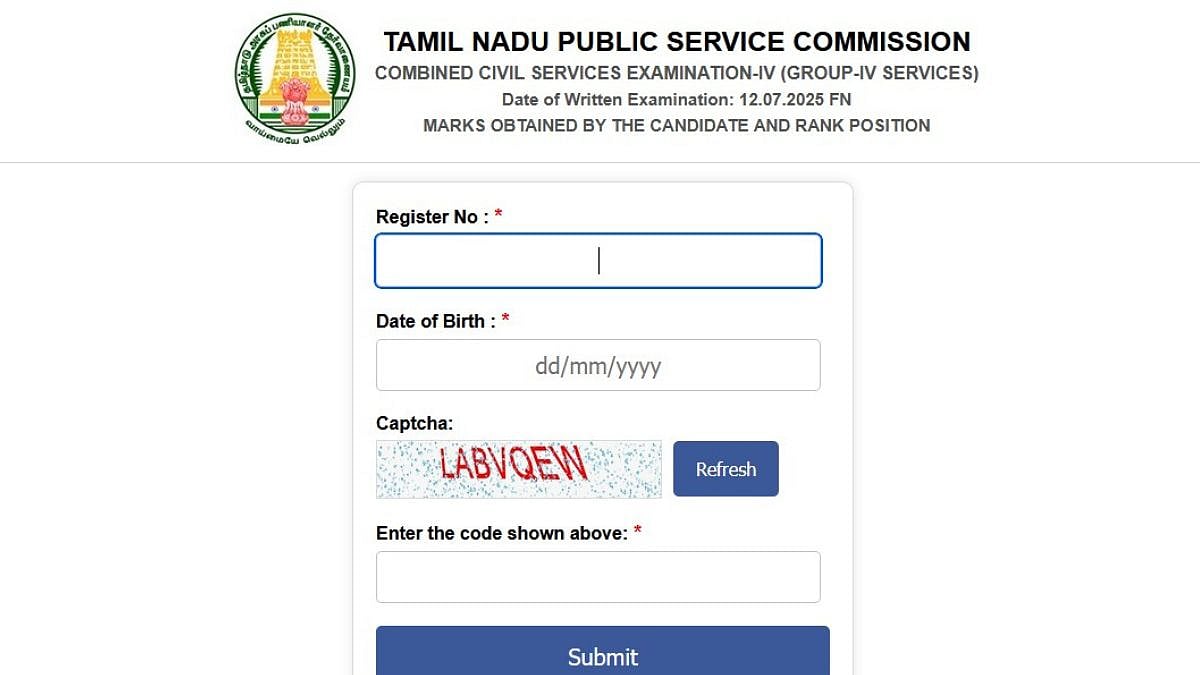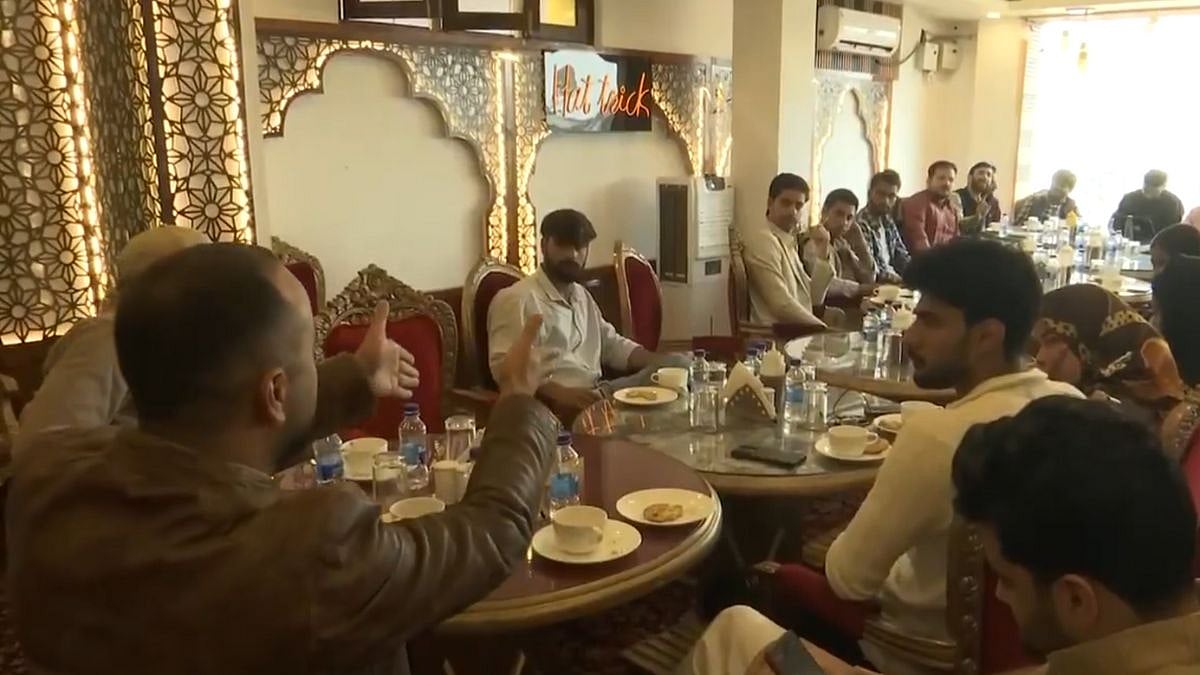In a recent move, the Maharashtra State Bureau of Textbook Production and Curriculum Research, popularly known as Balbharati, has decided to print school textbooks on lower-quality paper.
According to the latest tender released by the bureau, several key technical standards of the paper have been downgraded. The brightness index has been reduced from 85% to 78%, making pages appear about 7% duller, while the tensile index, which determines paper strength, has dropped by 30%. The opacity index has also decreased by 7%, meaning text and images printed on one side may now be visible on the other, potentially affecting readability, as per the Times of India report.
Reduced Durability and Smoothness Raise Concerns
The tender also indicates that the new paper will be 20% less smooth and 20–25% less durable, making it more prone to tearing and wear. Experts suggest that this could significantly impact the longevity of textbooks, especially those reused by multiple students in government schools.
PIL Filed Over ‘Compromised Quality’
According to the reports, the Sankalp Jeevan Charitable Trust has filed a public interest litigation (PIL) before the Bombay High Court, arguing that the lowered paper quality could negatively affect students’ learning experience.
In its submission, the trust highlighted that Maharashtra’s new standards fall below those maintained by other states such as Madhya Pradesh, Gujarat, Assam, and Odisha, as well as the NCERT. “Upon comparison, Balbharati’s paper quality will now be among the lowest in the country,” the petition states. The PIL further argues that poor-quality paper could cause eye strain, headaches, and migraines among school children.
Balbharati Defends Move, Cites Standardisation
Responding to the criticism, Balbharati Director Anuradha Oak said the revisions were made to ensure consistency in production. She clarified that some parameters from the previous year were higher and that this year’s paper quality has been standardised. Oak added that the bureau continues to comply with the Bureau of Indian Standards (BIS) benchmarks, as per the TOI report.
Additionally, a review of the tender documents revealed that eligibility norms for paper suppliers have been significantly relaxed, raising concerns about the stability of the supply chain and the timely delivery of textbooks for the next academic year.









